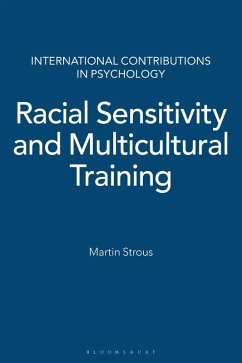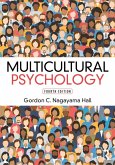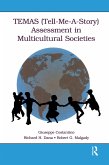Offering implications for democraticizing psychology on a global scale, this work illustrates how professional training for mental health practictioners is often inadequate on issues pertaining to race and racism. The author shows prime examples in his homeland South Africa, and focuses on how those practices reflect assumptions concerning racial superiority. Also addressed is how therapists may be influenced by prevailing ideologies, unaware of how prejudices translate into discriminatory work practices, and ignorant of the power of their own discriminatory discourses.
The author also investigates how positive attitudes by counselors and therapists reflect positions related to racial sensitivity. He proposes a new model for multicultural and multiracial sensitivity training.
The author also investigates how positive attitudes by counselors and therapists reflect positions related to racial sensitivity. He proposes a new model for multicultural and multiracial sensitivity training.









